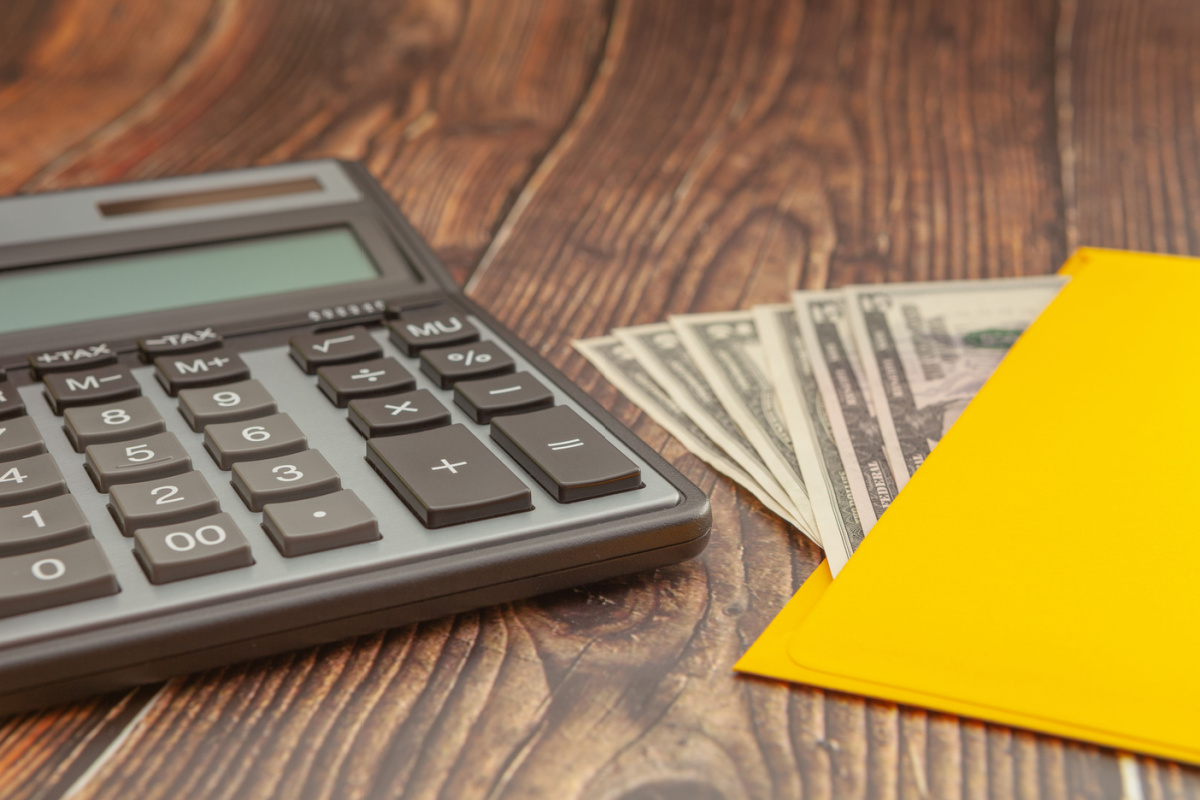





Attorney at Debt Advisors Law Offices
Practice Areas: Chapter 7 Bankruptcy, Chapter 13 Bankruptcy, Stop Foreclosure

For most Wisconsin families, the mortgage is the single largest financial commitment they will ever make. When money troubles build up and bankruptcy becomes a real option, the first question is often: “What happens to my home?”
The answer isn’t one-size-fits-all. The effect of bankruptcy on your mortgage depends on the type of case you file, how much equity you have in your home, and whether you are behind on payments. In some cases, you can keep your house and restructure your loan; in others, you may face the risk of losing it.
This article explains how Chapter 7 and Chapter 13 bankruptcies handle mortgages in Wisconsin, what happens to second mortgages, and the role of reaffirmation agreements. It also covers how bankruptcy impacts your credit and the steps you can take to recover financially.
Chapter 7 bankruptcy is often called liquidation bankruptcy, but that doesn’t always mean losing your home. Wisconsin has a Homestead Exemption that protects part of your home equity from being taken to repay creditors.
Equity is the difference between your home’s market value and what you still owe on the mortgage. In Wisconsin, the Homestead Exemption protects up to $75,000 for individuals or $150,000 for married couples. If your equity is less than this limit, you can usually keep your home as long as you continue making payments.
If your equity is higher, the trustee could decide to sell your home to repay creditors. That’s why knowing your equity and exemption limits is crucial before filing.
Chapter 13 bankruptcy in Wisconsin is designed to help people catch up on overdue debts while keeping their property. Homeowners benefit because it can stop foreclosure and allow them to repay missed mortgage payments through a repayment plan spread over three to five years.
During this plan, you keep paying your current mortgage each month while gradually catching up on arrears. As long as you stay on track, you can keep your home. This type of bankruptcy is particularly helpful for families who fell behind due to temporary setbacks, such as medical bills or job loss, but now have steady income.
A Wisconsin bankruptcy attorney can review your income, arrears, and home equity to help determine whether Chapter 13 is the right path for protecting your house. Legal guidance ensures you understand how the repayment plan will affect your finances long term.
Second mortgages, home equity loans, or lines of credit can complicate bankruptcy cases. In Chapter 7, these loans remain attached to the property as liens. Even if your personal responsibility for the debt is discharged, lenders may still foreclose if you stop paying.
In Chapter 13, there may be an option called lien stripping. If the balance of your first mortgage is greater than your home’s value, second or third mortgages may be reclassified as unsecured debts. Unsecured debts usually receive only partial repayment and are discharged at the end of the plan. However, if your home value covers any part of those loans, they remain secured and must be fully repaid.
Some homeowners consider a reaffirmation agreement when filing Chapter 7 bankruptcy. This agreement means you formally promise to continue paying your mortgage even after the bankruptcy discharges other debts.
The advantage is that it helps you keep your home and may maintain your relationship with the lender. The downside is that you remain personally liable. If you later miss payments, the lender could foreclose and pursue you for any remaining balance, known as a deficiency judgment.
Because of the risks, reaffirmation should only be considered if you are confident you can manage ongoing payments.

Both Chapter 7 and Chapter 13 bankruptcies affect your credit score. They remain on your credit report for several years up to 10 years for Chapter 7 and 7 years for Chapter 13. This can make it harder to qualify for new loans or refinance your mortgage in the short term.
That said, many people begin rebuilding their credit soon after discharge. Making on-time payments on reaffirmed mortgages, car loans, or secured credit cards helps improve your score over time. Eventually, refinancing a mortgage becomes possible, though lenders may impose waiting periods.
For more details, you can review credit reporting rules on the Consumer Financial Protection Bureau website.
|
Aspect |
Chapter 7 Bankruptcy |
Chapter 13 Bankruptcy |
| Home Equity Protection | Protected if equity < Homestead Exemption | Equity usually protected, arrears repaid |
| Mortgage Arrears | Must remain current or risk foreclosure | Can repay arrears over 3–5 years |
| Second/Third Mortgages | Liens remain enforceable | May be stripped if no equity after 1st mortgage |
| Risk of Losing Home | Higher if equity exceeds exemption or payments missed | Lower if repayment plan followed |
Life after bankruptcy isn’t the end of financial opportunity. It’s a fresh chance to build stability. Start with a realistic budget that prioritizes living within your means and saving for emergencies. Even small savings help cushion against future setbacks.
Timely payments on any remaining debts are essential. Secured credit cards or small installment loans can help demonstrate responsibility and rebuild credit. Over time, consistent payments will open the door to better credit options, including mortgage refinancing.
Education also plays a role. Free resources from the U.S. Courts Bankruptcy Basics can help you understand rights and responsibilities. Building an emergency fund and setting long-term goals such as retirement savings provide added security.
Yes, if your home equity is below the Wisconsin homestead exemption and you continue making mortgage payments on time.
It allows you to catch up on overdue mortgage payments through a structured repayment plan while maintaining your current mortgage obligations.
In Chapter 7, liens remain. In Chapter 13, they may be stripped if your home value does not cover them, converting them into unsecured debts.
No, reaffirmation is optional. Some lenders require it, but it carries risks because you remain personally responsible for the mortgage.
Most lenders require at least two to four years, depending on the bankruptcy type, your credit rebuilding efforts, and the loan program you apply for.
No, mortgages are secured debts. If you want to keep the home, you must pay the loan. Bankruptcy only affects personal liability or arrears.
Bankruptcy affects mortgages differently under Chapter 7 and Chapter 13. In Wisconsin, exemptions and repayment plans may allow homeowners to keep their homes, while reaffirmation agreements and lien stripping offer additional options. Although credit is impacted, financial recovery is possible through consistent payments, budgeting, and education.
Debt Advisors Law Offices helps Wisconsin residents understand how bankruptcy affects mortgages and guides them through the process of protecting their homes and rebuilding their financial future.

Learn about bankruptcy protections, types of bankruptcy, how to get started, what to expect, and who to trust. Filing bankruptcy is the ONLY way to completely eliminate debt. If bankruptcy is right for you, it offers powerful protections that cannot be achieved through alternative solutions such as hardship relief, loans, or debt settlement.